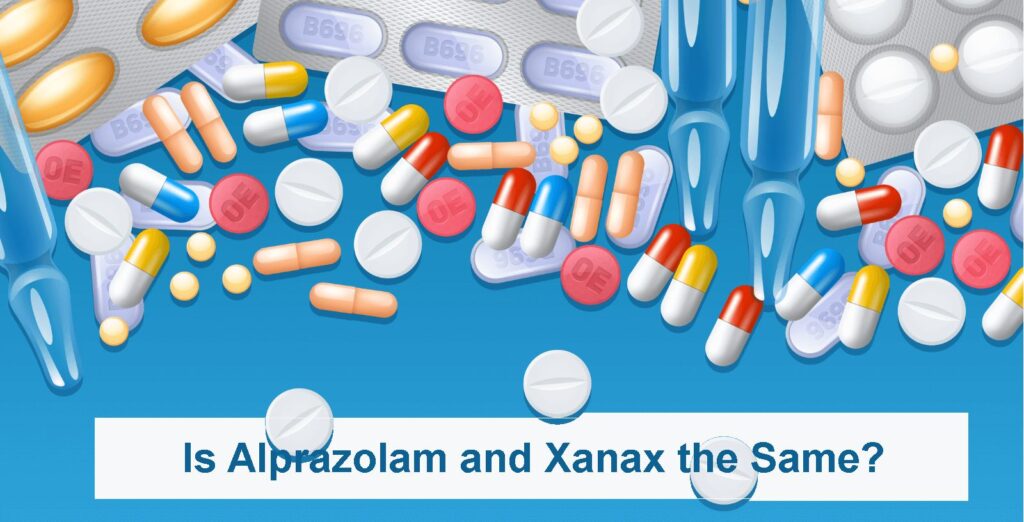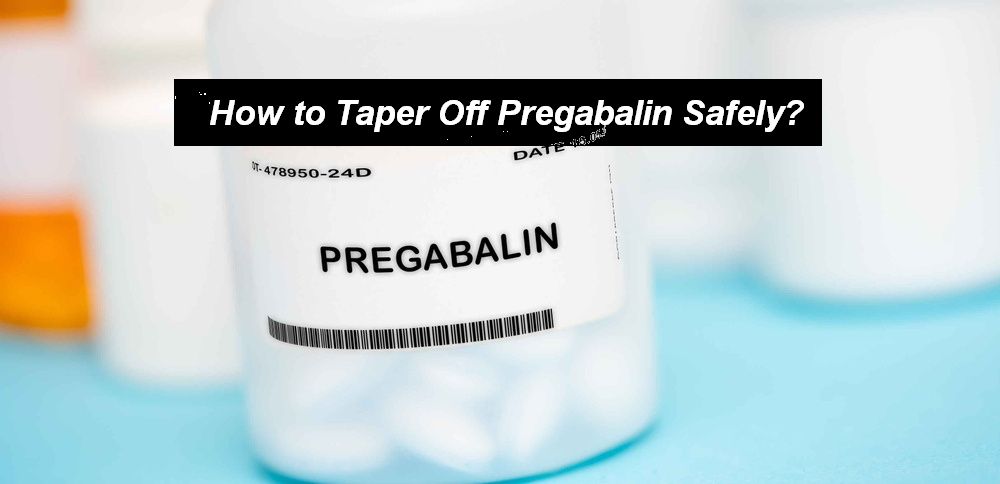Pregabalin 300mg Capsules are commonly prescribed to manage neuropathic pain, fibromyalgia, and certain types of seizures. While this medication offers significant relief for many, it’s crucial to understand the potential interactions between pregabalin and alcohol. Combining the two can lead to enhanced side effects and pose serious health risks.
Understanding Pregabalin
Pregabalin is an anticonvulsant medication that works by stabilizing electrical activity in the brain and influencing how nerves transmit pain signals. It’s effective in reducing nerve-related pain and improving the quality of life for individuals with conditions like diabetic neuropathy and fibromyalgia. The standard dosage varies, but Pregabalin 300mg Capsules are often prescribed when lower doses are insufficient.
How Alcohol Affects the Body?
Alcohol is a central nervous system depressant. It slows down brain function, affecting coordination, judgment, and reaction times. In moderate amounts, alcohol can cause relaxation and lowered inhibitions. However, excessive consumption leads to impaired motor skills, memory lapses, and, in severe cases, respiratory depression. Chronic alcohol use can also result in liver damage, addiction, and other health complications.
The Interaction Between Pregabalin and Alcohol
Combining pregabalin with alcohol can intensify the depressant effects on the central nervous system. This combination may lead to increased dizziness, drowsiness, and difficulty concentrating. Some individuals might also experience impaired thinking and judgment. These effects can be particularly hazardous, increasing the risk of accidents and injuries. Therefore, it’s generally advised to avoid or limit alcohol consumption while taking pregabalin.
Potential Risks of Mixing Pregabalin and Alcohol
The concurrent use of pregabalin and alcohol can lead to several adverse effects:
- Enhanced Side Effects: Both substances can cause dizziness and drowsiness. When combined, these effects may become more pronounced, leading to increased sedation.
- Impaired Motor Skills: The combination can affect coordination and reaction times, increasing the risk of falls and accidents.
- Respiratory Depression: In severe cases, mixing these substances can depress breathing, which can be life-threatening.
- Increased Risk of Overdose: Both pregabalin and alcohol can depress central nervous system function. Together, they may increase the risk of overdose, leading to severe health consequences.
Given these risks, it’s essential to consult with a healthcare professional about alcohol consumption while on pregabalin therapy.
Recommendations for Patients
If you’re prescribed Pregabalin 300mg Capsules:
- Consult Your Doctor: Before consuming alcohol, discuss potential risks with your healthcare provider.
- Monitor Your Response: If you choose to drink, start with a small amount to see how your body reacts.
- Avoid Hazardous Activities: Refrain from driving or operating heavy machinery if you’ve consumed alcohol while on pregabalin.
- Be Aware of Increased Side Effects: Understand that combining these substances can enhance side effects like dizziness and drowsiness.
Conclusion
While Pregabalin 300mg Capsules are effective in managing certain medical conditions, combining them with alcohol can lead to enhanced side effects and significant health risks. It’s crucial to consult with your healthcare provider to understand the potential interactions and make informed decisions about alcohol consumption during your treatment.



